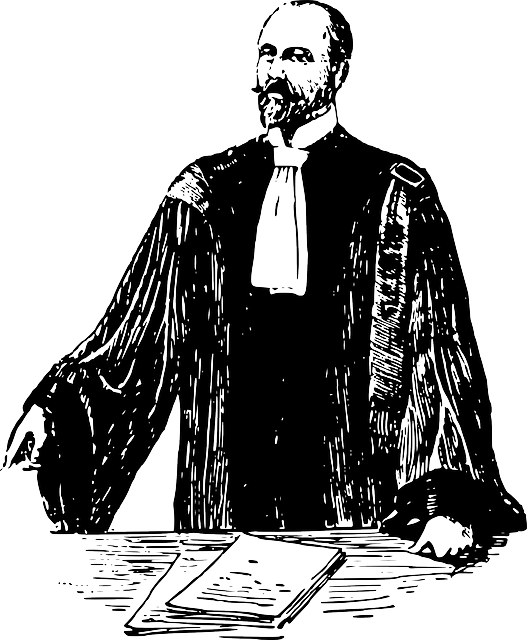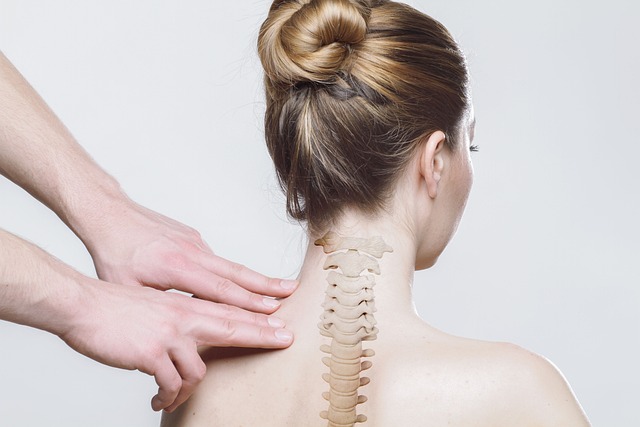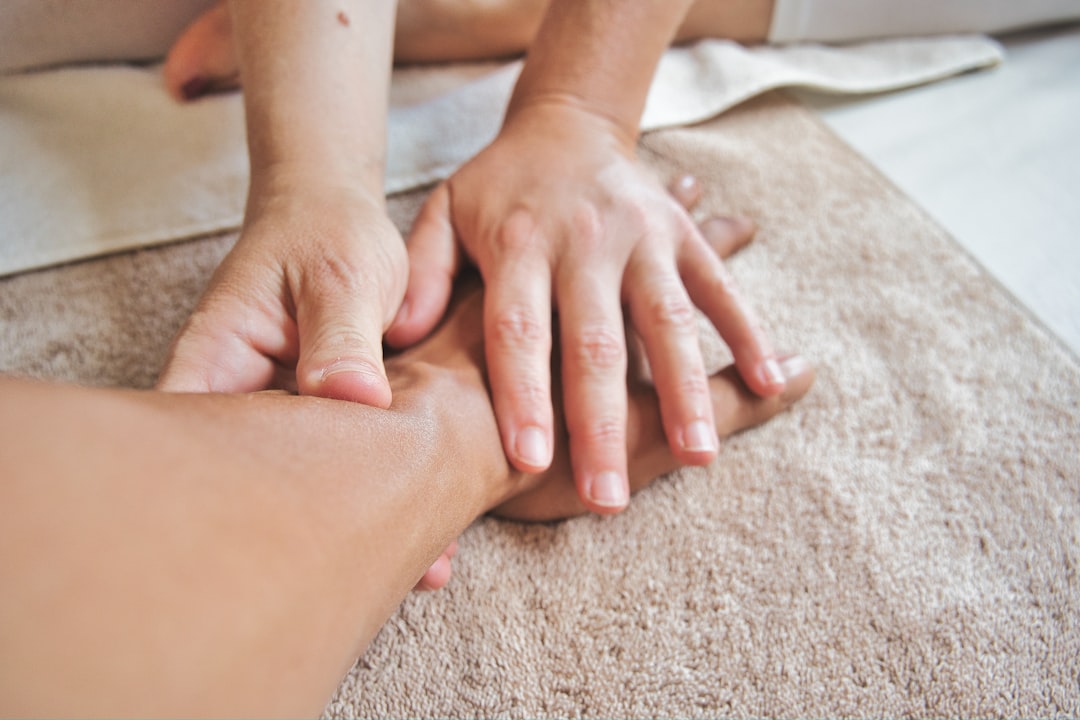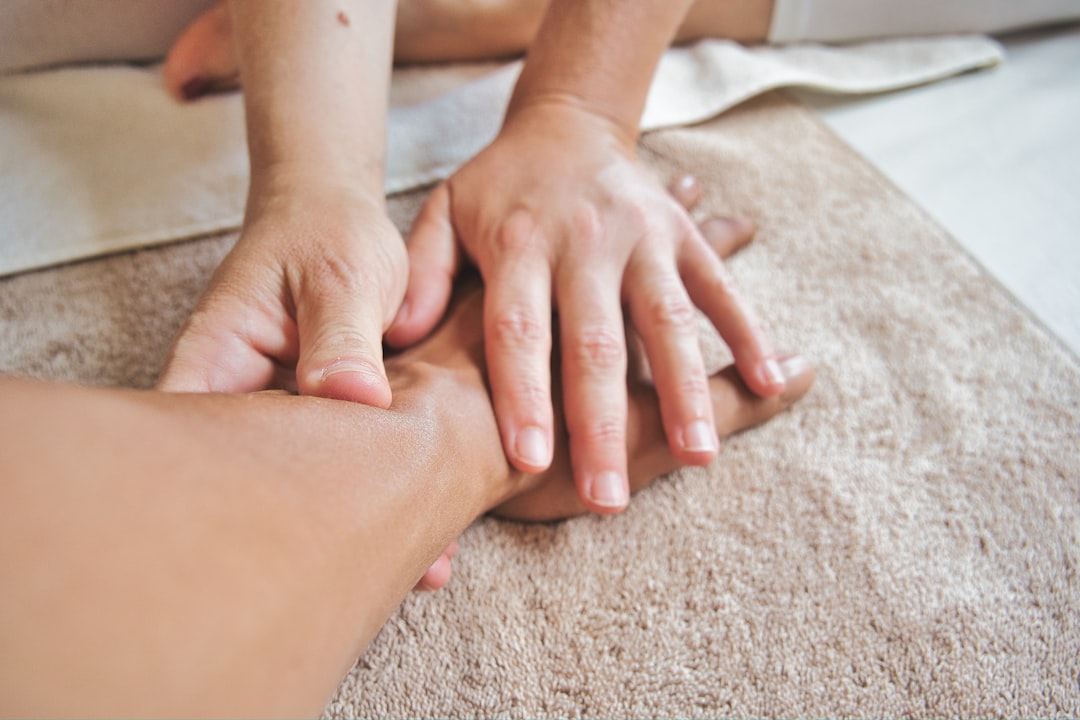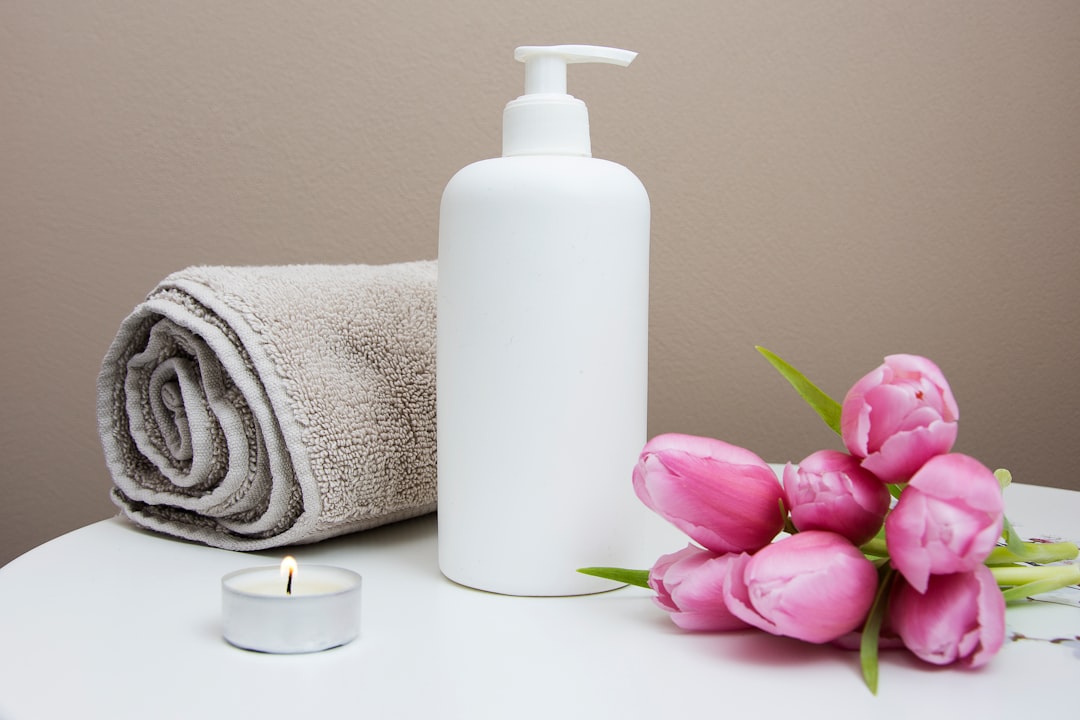In Newark, New Jersey, aspiring massage therapists must complete an approved training program, pass examinations, and be licensed by the New Jersey Board of Massage and Body Therapy. Strict regulations aim to prevent massage abuse and sexual assault, with specialized lawyers offering support to victims. Post-licensure, therapists must maintain ethical practices, including ongoing education, and comply with legal guidelines for client protection. Massage abuse victims in Newark can seek advocacy from lawyers and law firms specializing in these matters.
In Newark, New Jersey, understanding massage therapy licensing requirements is crucial for both practitioners and clients. This comprehensive guide delves into the essential steps to navigate the regulatory landscape of massage therapy in the city. From initial qualifications and education to the intricate application process, post-licensure obligations, and legal considerations, including protection against massage abuse, this article serves as a vital resource. For those seeking guidance on licensing or facing issues like massage sexual assault, consulting with a reputable massage abuse lawyer in Newark, NJ, is advised.
Understanding Massage Therapy Licensing in Newark, NJ
In Newark, NJ, massage therapy licensing is regulated by the New Jersey Board of Massage and Body Therapy (NJMBT), ensuring that practitioners maintain high standards of education and ethics. Understanding these regulations is crucial for both licensed therapists and individuals seeking therapy. The licensing process involves a series of steps, including completing an approved massage therapy program, passing the state-recognized examination, and applying for licensure through the NJMBT.
Additionally, recognizing and reporting potential massage abuse or sexual assault within the industry is paramount. Individuals who have experienced such misconduct can seek legal recourse by consulting with specialized massage abuse lawyers in Newark, NJ. These attorneys and law firms are equipped to navigate complex legal issues, providing support and advocacy for victims. They offer expertise in navigating regulatory bodies, understanding the scope of applicable laws, and ensuring that justice is served.
Qualifications and Education Requirements
In New Jersey, including Newark, individuals seeking to practice massage therapy must meet specific qualifications and education requirements set forth by the state. To become licensed, candidates must complete a comprehensive training program approved by the New Jersey Board of Massage Therapy. This typically involves successfully finishing a nationally recognized massage therapy curriculum, which includes both classroom instruction and hands-on training. The program should cover various massage techniques, anatomy, physiology, pathophysiology, and ethics.
Additionally, aspiring massage therapists must pass a comprehensive examination to demonstrate their knowledge and proficiency. The test assesses their understanding of the theoretical and practical aspects of massage therapy. Once the education and exam requirements are fulfilled, individuals can apply for licensure through the New Jersey Board of Massage Therapy. This process involves submitting the necessary documentation, including proof of education and examination results, along with the required application fee. Maintaining licensure may also require ongoing education and adherence to ethical standards, as enforced by the massage therapy board and highlighted by reputable massage abuse lawyers in Newark, NJ.
The Application Process for Massage Licenses
In Newark, NJ, aspiring massage therapists must navigate a structured application process to obtain their licenses. The journey begins with a thorough understanding of the New Jersey Board of Massage and Bodywork’s regulations. Applicants are required to meet specific educational criteria, typically completing an accredited massage therapy program, and passing both written and practical examinations. The written test assesses knowledge in anatomy, physiology, and massage techniques, while the practical exam demonstrates skill proficiency.
Once these foundational requirements are met, individuals can submit their applications, accompanied by relevant documents such as transcripts, certificates, and fees. During this process, seeking guidance from a reputable massage abuse lawyer in Newark, NJ, can be invaluable. Legal professionals specializing in this field can offer support, ensuring compliance with licensing mandates and providing protection against potential massage sexual assault-related legal issues. They also serve as valuable resources for understanding the rights of both therapists and clients within the industry.
Post-Licensure Regulations and Continuing Education
After obtaining their license, massage therapists in Newark, NJ, are subject to specific post-licensure regulations to maintain their professional standards and ensure client safety. These regulations often include ongoing training programs focused on advanced techniques, ethical practices, and recognizing and preventing massage abuse or sexual assault within the therapy setting. Continuing education is a crucial aspect of this process, allowing therapists to stay updated with industry developments, new research, and best practices.
Newark’s licensing board may mandate specific hours of continuing education annually, covering topics such as anatomy, physiology, pathophysiology, and massage-related legal issues, including the prevention and handling of massage abuse cases. Therapists must be vigilant in adhering to these requirements, as they are designed to uphold the integrity of the profession and protect clients from potential harm, thus reinforcing the importance of having a trusted massage abuse lawyer or attorney in Newark, NJ, for any legal matters related to this sensitive issue.
Legal Considerations and Protection Against Massage Abuse
In Newark, NJ, as in many jurisdictions, massage therapy is subject to strict licensing and regulation to protect clients from malpractice and, more importantly, from abuse. The New Jersey Board of Massage Therapy ensures that all practitioners meet specific education, training, and examination criteria before obtaining a license. This regulatory framework is crucial in maintaining the integrity of the profession and safeguarding clients from unethical or harmful practices.
One significant concern within the massage therapy industry is the potential for sexual assault or abuse, which has led to increased scrutiny and legal protections. Victims of massage abuse, including sexual misconduct by therapists, have options for justice. Individuals who have experienced such instances can seek legal counsel from specialized massage abuse lawyers in Newark, NJ. These attorneys and law firms are equipped to navigate complex legal matters, offering support and representation to help clients understand their rights and pursue appropriate legal action against negligent or abusive practitioners.

